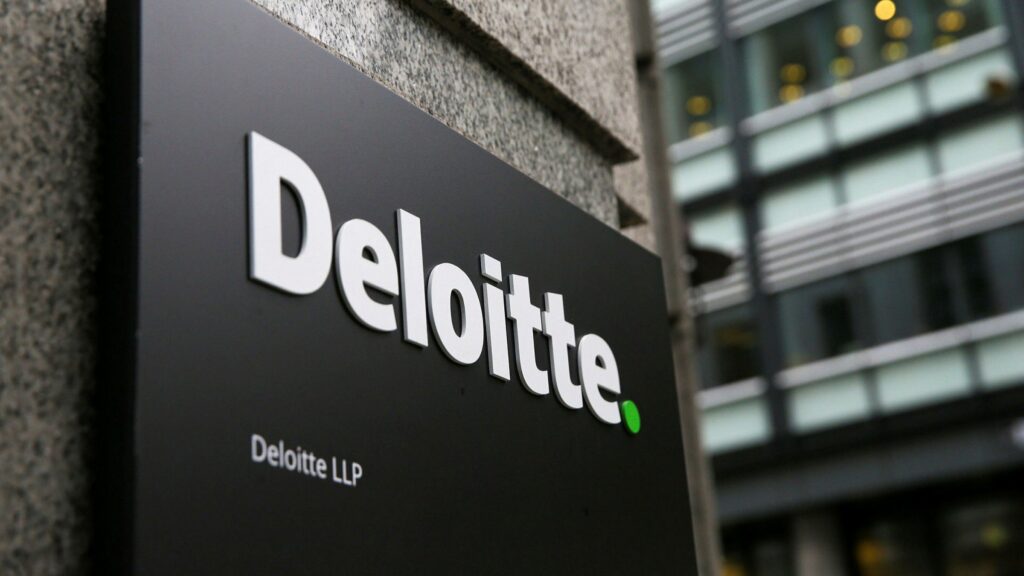The current freedom available to many company car drivers may
not survive in the face of a prolonged recession, fleet industry
experts have warned.
Ross Jackson, managing director of consultancy Fleet Operations,
has predicted that “huge” increases in contract hire costs could
trigger a “seismic shift” in company car choice lists, with
employees finding that they have far less choice of make and
model.
Falling residual values, increased list price costs triggered by
sterling’s weakness against the euro, and the cost of borrowing
were cited as drivers behind a rise in contract hire costs.
“Businesses that provide their staff with a company car choice
list based on whole-life costs, vehicle prices, a fixed cash
allowance or monthly rental rates must review current available
options,” Jackson said.
“The impact of the recession means that company car choice lists
that existed before the economic crisis must be ripped up if costs
are to be kept in check.”
Companies which offer car schemes to staff have a difficult
balancing act to maintain, Jackson said: “If [companies] maintain
the status quo then the penalty will be a substantial increase in
funding costs.
How well do you really know your competitors?
Access the most comprehensive Company Profiles on the market, powered by GlobalData. Save hours of research. Gain competitive edge.

Thank you!
Your download email will arrive shortly
Not ready to buy yet? Download a free sample
We are confident about the unique quality of our Company Profiles. However, we want you to make the most beneficial decision for your business, so we offer a free sample that you can download by submitting the below form
By GlobalData“However, if they downgrade or downsize company cars made
available to employees, then they must clearly communicate the
decision to drivers, or the consequences for staff recruitment and
retention could be significant.”
GE Fleet, meanwhile, said that it has noted a shift away from
“human resources-based fleet policies” – where employee motivation,
retention and flexibility are the key considerations – towards
fleet programmes in which cost, safety and the environment are the
“key factors”.
Gary Killeen, commercial leader at GE Fleet said: “In recent
years when the economy has been strong, company car provision has
been designed as a key element in a flexible benefits package to
attract and retain the best people. Now, the accent has very
quickly switched back to the car as essential company transport.
This has not necessarily affected the number of cars being provided
to employees, but it is changing the way they are operated and the
kind of cars on offer.”
Solus deals: on the rise?
It has been reported that solus badge deals are on the rise,
thanks to the volume discounts available to fleets which opt to
take fleet cars from only one manufacturer.
Yet this trend seems to have been overestimated among many
smaller fleet operators where solus deals only become an attractive
option with a certain number of cars, for many this starts with
roughly fifty vehicles. Smaller fleets tend to cater for company
executives and are still favouring the vehicle choice of their
employers.
Chris Shore, pricing manager at Hitachi Capital Vehicle
Solutions said it was “no surprise” that a trend towards solus
deals has been noted, as, for most companies, “moving to a solus
deal is an effective and simple way to cut costs.”
But he called solus badge deals a “blunt instrument” with
potential risks for staff motivation and morale. “It’s up to the
fleet provider to look at creative and innovative ways to
accommodate a wider vehicle choice into the leasing deal without
increasing costs,” Shore commented.







